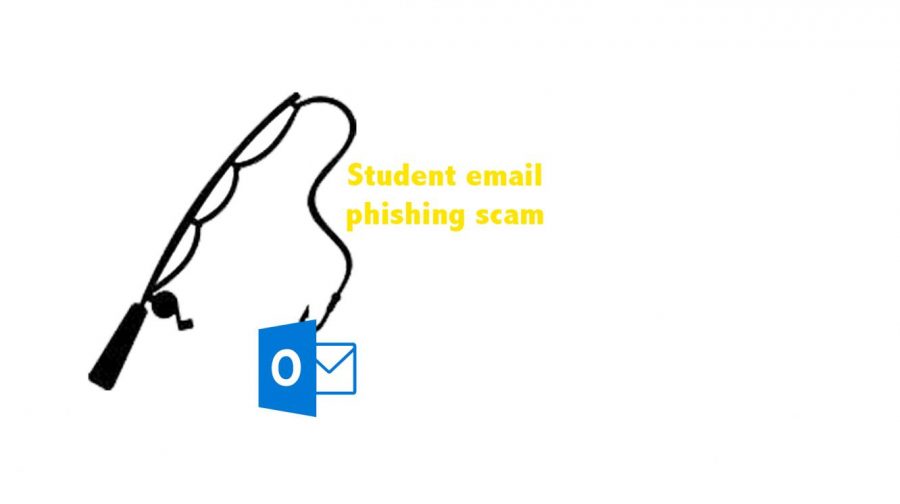Beware of phishing emails
January 23, 2019
Ever since the invention of the Internet, people have found ways to con others. One of the most well-known has been the “Nigerian Prince scam.” The scam victim would receive an email from a supposed “Nigerian Prince” who had millions in assets and wanted to share it with the victim for various reasons. The only thing the victim needed to do was provide the scammer with their bank account info.
Another famous scam was the “Craigslist scam.” This one occurred when the scammer would send a check in the amount over the asking price. All the victim had to do was cash the check – which was fake – and wire the leftover amount back to them, or another appointed person.
As soon as one scams is shut down, it seems like 20 more pop up to take its place. The sad part about these scams is the scammer is not picky about their victims; anybody is susceptible. Even Southeastern Oklahoma State University recently found itself at the receiving end of a scam.
On Monday, January 14, Shawn Ridenour from the Help Desk sent out a campus wide email describing in detail the fraudulent emails that were circulating through SE. “I would like to bring everyone’s attention to a very troubling and serious issue of imposter emails and emails being delivered with spoofed email addresses,” Ridenour stated in the email.
The scammer sends the email in hopes the receiver of the email will believe it is from a trusted source. Ridenour explained, “The cyber-criminal sends imposter emails with the hope that the targeted individual or organization will see the display name and assume the emails are from the trusted individual.”
Ridenour said it is important the receiver is positive they are corresponding with the intended individual before giving out any personal information. “If the email address is not a SE.EDU address, you should assume the message is an imposter email and cease correspondence immediately.”
There are many things a person can do to prevent falling prey to an Internet scam. According to Phishing.org, there are ten steps to keep the Internet user safe. The site advises users to, “stay updated on the current phishing techniques, know what to look out for, thinking before clicking, installing an anti-phishing toolbar and verifying the site’s security are ways to prevent phishing.”
Check your accounts often to watch for unwanted activity. Update your browser, use firewalls, and antivirus programs and be wary of pop ups. The most important way of keeping safe from phishing scams is to never give out personal information.
If an internet user follows these simple steps, they can reduce the chance of getting scammed and losing thousands of dollars and heartache.


